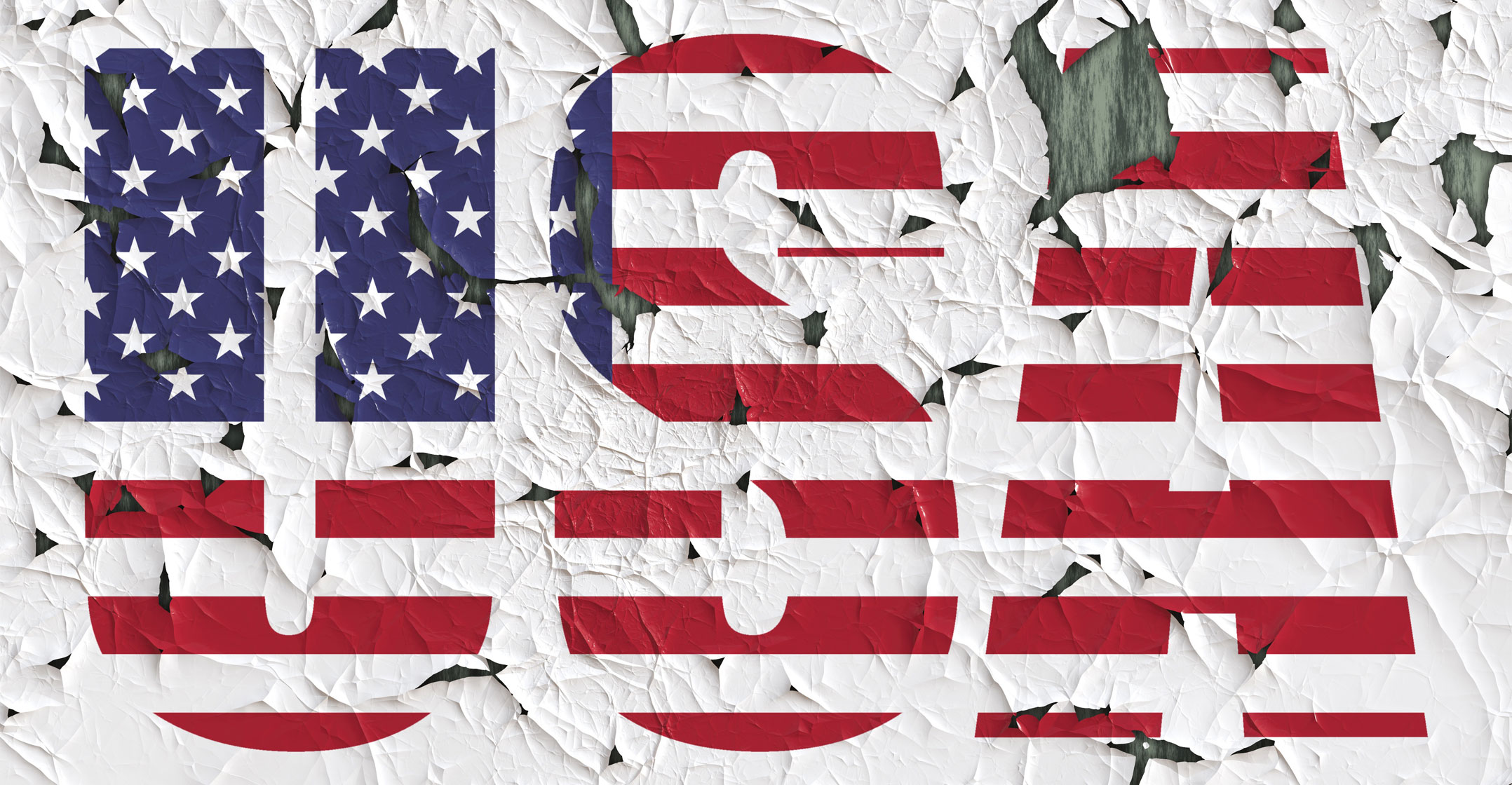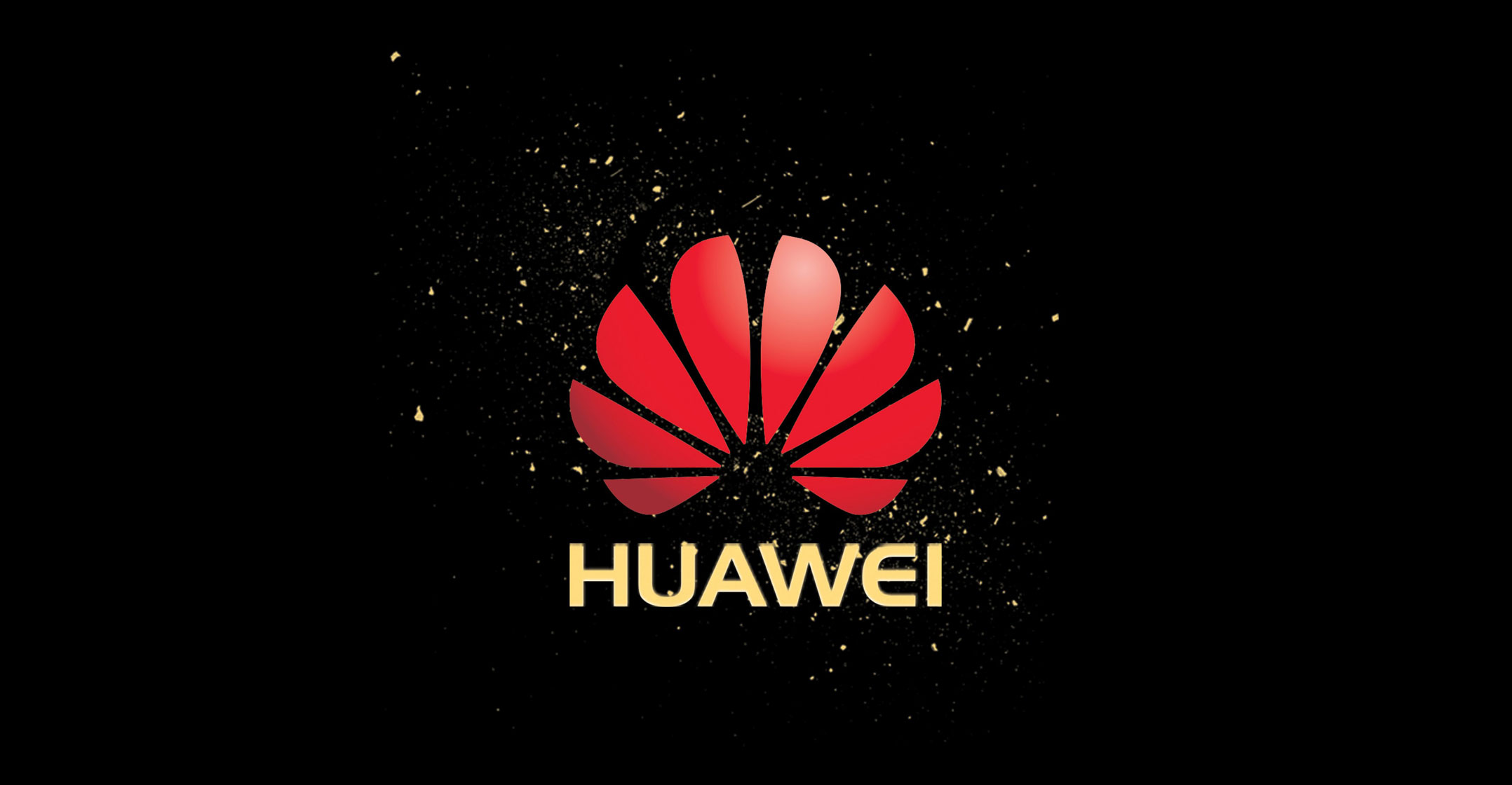 The US has been warning other countries not to buy telecommunications gear from China’s Huawei and ZTE. The government will soon put real money behind the effort.
The US has been warning other countries not to buy telecommunications gear from China’s Huawei and ZTE. The government will soon put real money behind the effort.
A new agency, called the US International Development Finance Corporation, plans to tap some of its US$60-billion (R880-billion) budget to help developing countries and businesses purchase equipment from other companies.
“The US is very focused on ensuring there’s a viable alternative to Huawei and ZTE. We don’t want to be out there saying no. We want to be out there saying yes,” Adam Boehler, the first CEO of the DFC, said in a recent interview.
He declined to discuss specific company talks or how the money would be spent. However, the plans would be a welcome boost for Sweden’s Ericsson and Finland’s Nokia, which have struggled to compete with Huawei and ZTE equipment that’s often cheaper and at least as capable. The US could bankroll Huawei alternatives through loans or loan guarantees to developing nations and companies, or even acquiring minority stakes in emerging makers of competing gear.
The US government is concerned about these Chinese companies dominating the roll-out of faster wireless networks known as 5G. The Trump administration has said Huawei and ZTE gear could be used for spying, an allegation the companies have denied. Many countries, including Germany and France, are reluctant to ban individual vendors like Huawei.
‘What is the cost?’
Huawei and ZTE “are state-owned enterprises or government-driven companies that subsidise their gear in some cases. The price is decent,” Boehler said. “Longer term, what is the cost of that? You shouldn’t think as a sovereign country from a short-term pricing perspective. Our focus is having people understand what they’re giving up and whether it’s worth it to save some money in the short term. It’s not.”
The DFC was created last year to provide development financing to lower income and middle-income countries, which covers about half the world. It’s charged with “helping to advance US foreign policy by countering the growing influence of authoritarian regimes”sss and expects to be fully authorised and funded by congress in coming months.
The DFC’s $60-billion investment cap is more than twice the size of its predecessor. The new agency can take minority equity stakes in companies, a new tool beyond existing capabilities that includes loans, loan guarantees and political risk insurance.
 Boehler wouldn’t discuss which DFC tools might be used to support purchases of non-Chinese telecoms equipment. However, the Financial Times reported in October that US government officials have suggested issuing credit to Huawei’s European rivals.
Boehler wouldn’t discuss which DFC tools might be used to support purchases of non-Chinese telecoms equipment. However, the Financial Times reported in October that US government officials have suggested issuing credit to Huawei’s European rivals.
Ericsson and Nokia didn’t respond to requests seeking comment.
Another senior government official recently that the US is considering funding mechanisms through the DFC that will decrease the cost of alternative commercial 5G gear. The person asked not to be identified discussing unannounced plans.
The DFC is also considering whether to become a founding investor in a new technology infrastructure fund that will back emerging companies in 5G, artificial intelligence, quantum computing and other areas, Boehler said. The fund won’t invest in Chinese companies, he noted.
“This could support bids on spectrum, investments in infrastructure or the development of a component for 5G,” he said. “We want to make sure that the next crop of companies, if they’re not U.S.-based, that they at least adhere to the principals we care about — the rule of law and data protection.
‘Real issue’
“The real issue about Huawei is not China, it’s security of data,” he added. “We want to ensure that companies adhere to certain data-security standards and the protection people’s information.”
Ethiopia is in the midst of privatising its telecoms industry and is auctioning spectrum and licenses. Vodacom Group, majority owned by British wireless giant Vodafone Group, is planning a joint bid with Kenyan operator Safaricom.
“That is a live example that we can play in,” Boehler said. “There are no US companies involved at this point, but the British are bidding.” — Reported by Alistair Barr, (c) 2019 Bloomberg LP

